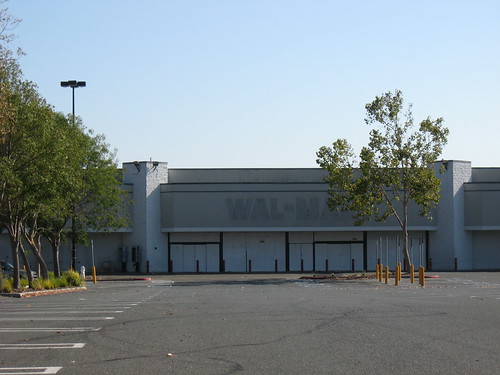- Joined
- Jul 13, 2009
- Messages
- 17,654
- Reaction score
- 12,265
- Location
- State of Jefferson
- Gender
- Male
- Political Leaning
- Moderate
Try finding jobs in small town KY, AL, MS, part of WVA, VA or TN. Yeah, COL is low, but jobs...lol.
Uhhh, been there and done that.
I was in Alabama just over a week when I got a job, and not at minimum wage. Less then a month later I got a good paying computer job there, which I held until I joined the Army in 2007. And the population was only around 60,000.
Moving from a city like Los Angeles, I quickly became a big fish in a small pond. My skillset and experience was far in advance of any of the local competition, and I nailed my job there after a 15 minute interview with the owner, who was not even thinking of hiring anybody before I walked in the door. Within 2 months I was the senior technician in the company.
Seriously! I couldn't make a decent wage until I GTFO a small town and moved to a larger city.
That is great. But what was your disposable income like after expenses?
THat is what humans have had to do, always....move to where the resources, food, jobs are. Or develop a trade or skill that you can make a living wage on in the area you desire.
Over the years I have accumulated a great many trade skills. All of which have come in handy several times.
Primarily, I am a Computer Engineer. Wages are high, but turnover tends to be low in this field. So I often spend long periods of time between work.
The next is as a DJ. I have almost never had a problem finding gigs, and this was my first job when I got to Alabama. Once again, helpful when you have an experience level far above what most of the locals have.
Finaly, there is security. That is what I am doing now, but not the "wear a uniform and stand around" type of work. I do undercover security, more fun and better paying then the usual security guard.
Why cant they get those things or move? We all can get a high school diploma, for free.
That is all I have. My skills I worked hard to acquire over the years. Back when I started, there were almost no "computer schools", you learned by doing. I volunteered to work at a computer shop for almost 2 years at no pay during the end of my time in the Marines. That taught me enough so I was able to get a job in the field once I got out when the economy improved.
Some people don't have the funds to go to the grocery store, to buy a car to go to a job.
Then they have a lot more problems then simply a store closing.
If you are living in a small town with no car or job, you are already damned near on the street.
When rightists go liberal, they go full retard. Note how you completely avoided refuting the fact that big chain stores are bad for local business.
Really?
Then why do we still have local businesses?
If that was true, LA and most other cities would have no small businesses left. They would have been destroyed decades ago because there is one form of big box store or another almost every other block.
In Alabama, as I said, I lived in a town of 60,000 people. 2 Walmart super centers, 2 Targets, K-Marts, Home Depot, Lowes, Best Buy, Barnes & Noble, Yet the small businesses flourished. One of them even grew to become a nation wide chain before it's business model collapsed (Movie Gallery).

